Artists
Carolina Caycedo
Carolina Caycedo (born in London, United Kingdom; lives in Los Angeles, United States) examines the interrelations between humans and nature from the angles of sustainable development, access to resources, and economic and cultural equity. She combines her multidisciplinary art practice with an activist engagement through which she denounces social and environmental injustices. Through human-scale projects that foster collective work and decolonial approaches, Caycedo contributes to promoting relations of kindness and to creating sites of resistance where future solidarities are forged.
- Born
- London, United Kingdom
- Countries / Nations
- United Kingdom / United States
- Lives
- Los Angeles, United States
- Website
- carolinacaycedo.com
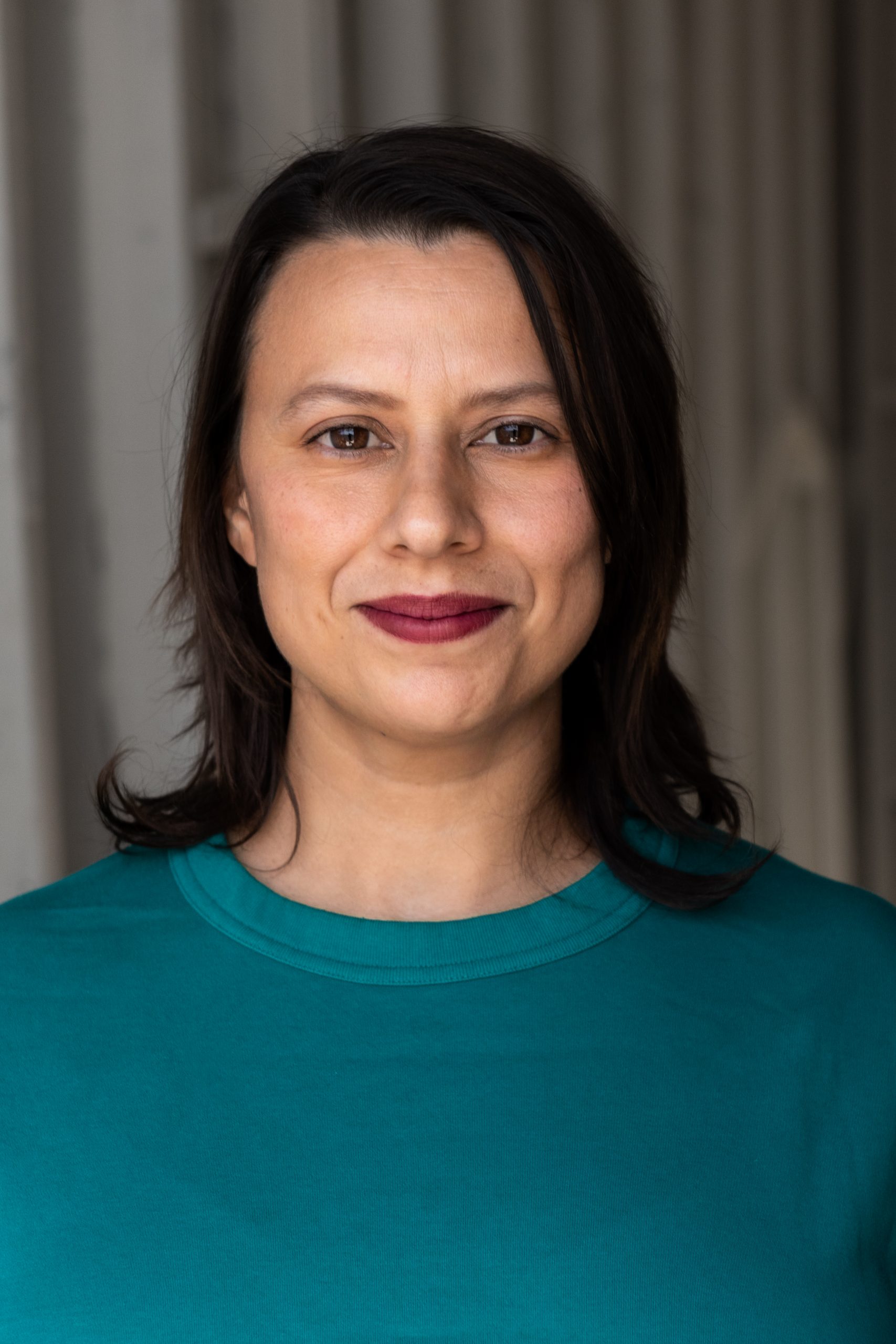
Works
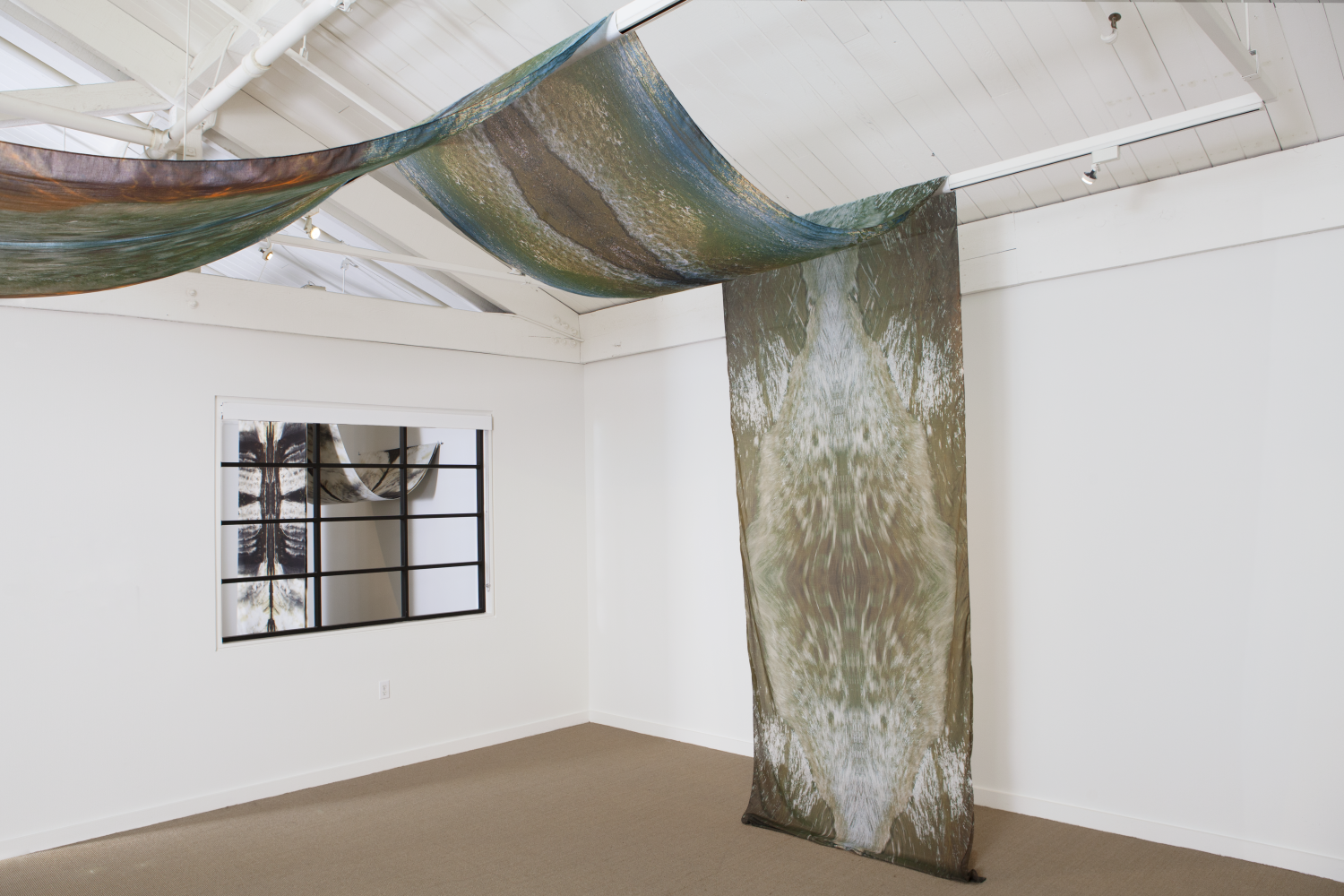
Carolina Caycedo, Wanaawna, 2019, installation view, Orange County Museum of Art, 2019. Commissioned by the Orange County Museum of Art, California. Museum purchase with funds raised from the grant LOVE x OCMA Fund for Artists. Courtesy of the artist
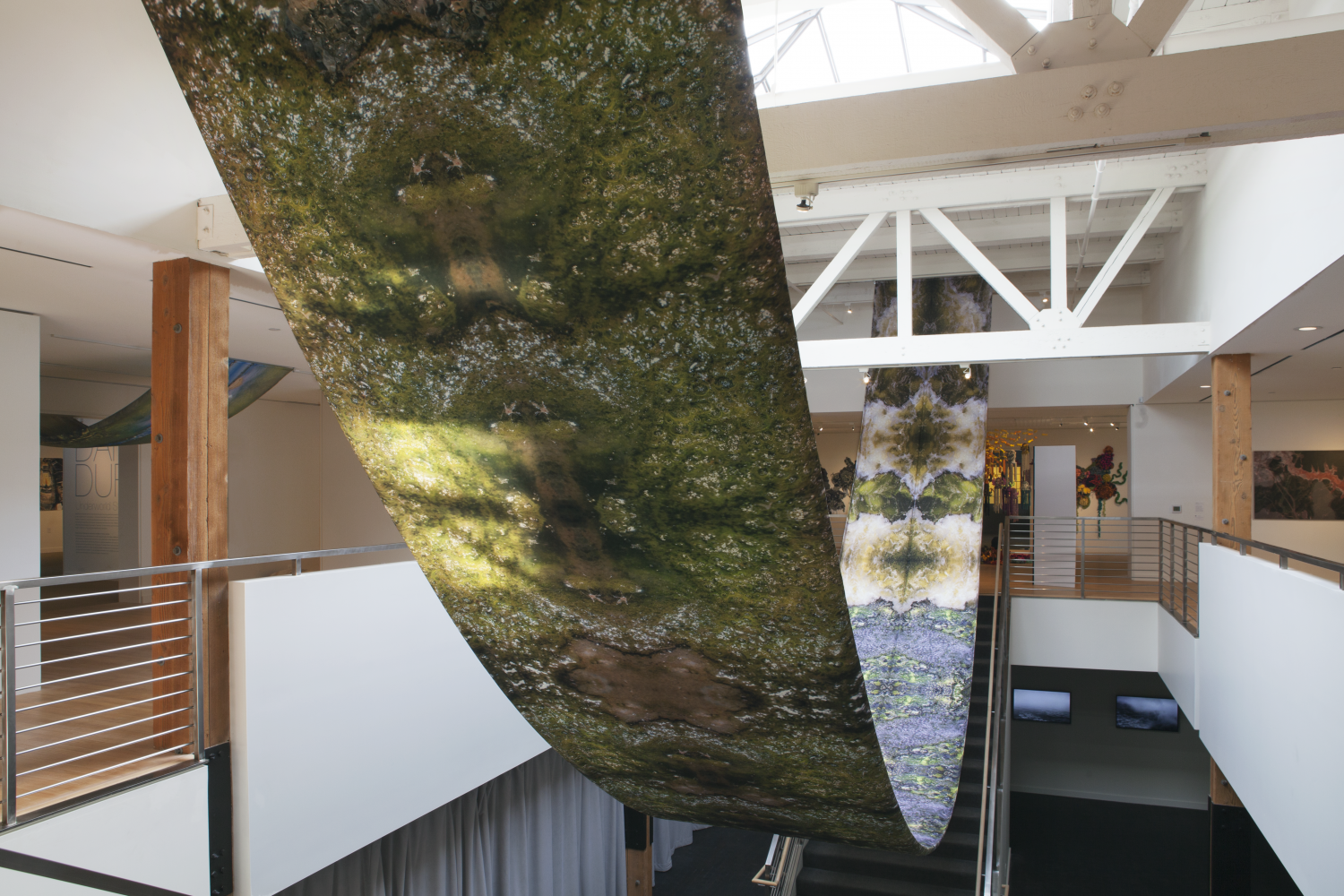
Carolina Caycedo, Wanaawna, 2019, installation view, Orange County Museum of Art, 2019. Commissioned by the Orange County Museum of Art, California. Museum purchase with funds raised from the grant LOVE x OCMA Fund for Artists. Courtesy of the artist
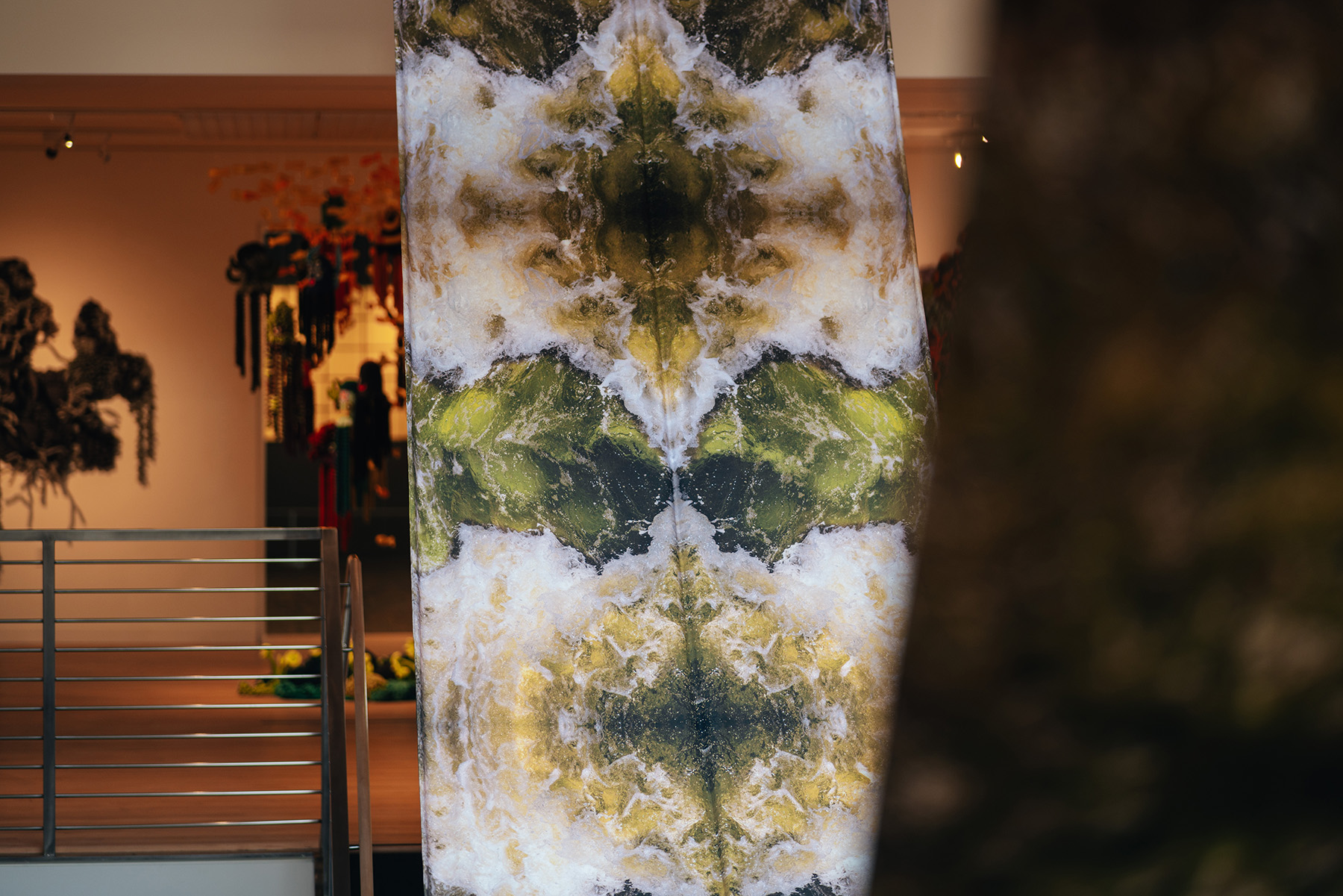
Carolina Caycedo, Wanaawna, 2019, installation view, Orange County Museum of Art, 2019. Commissioned by the Orange County Museum of Art, California. Museum purchase with funds raised from the grant LOVE x OCMA Fund for Artists. Courtesy of the artist
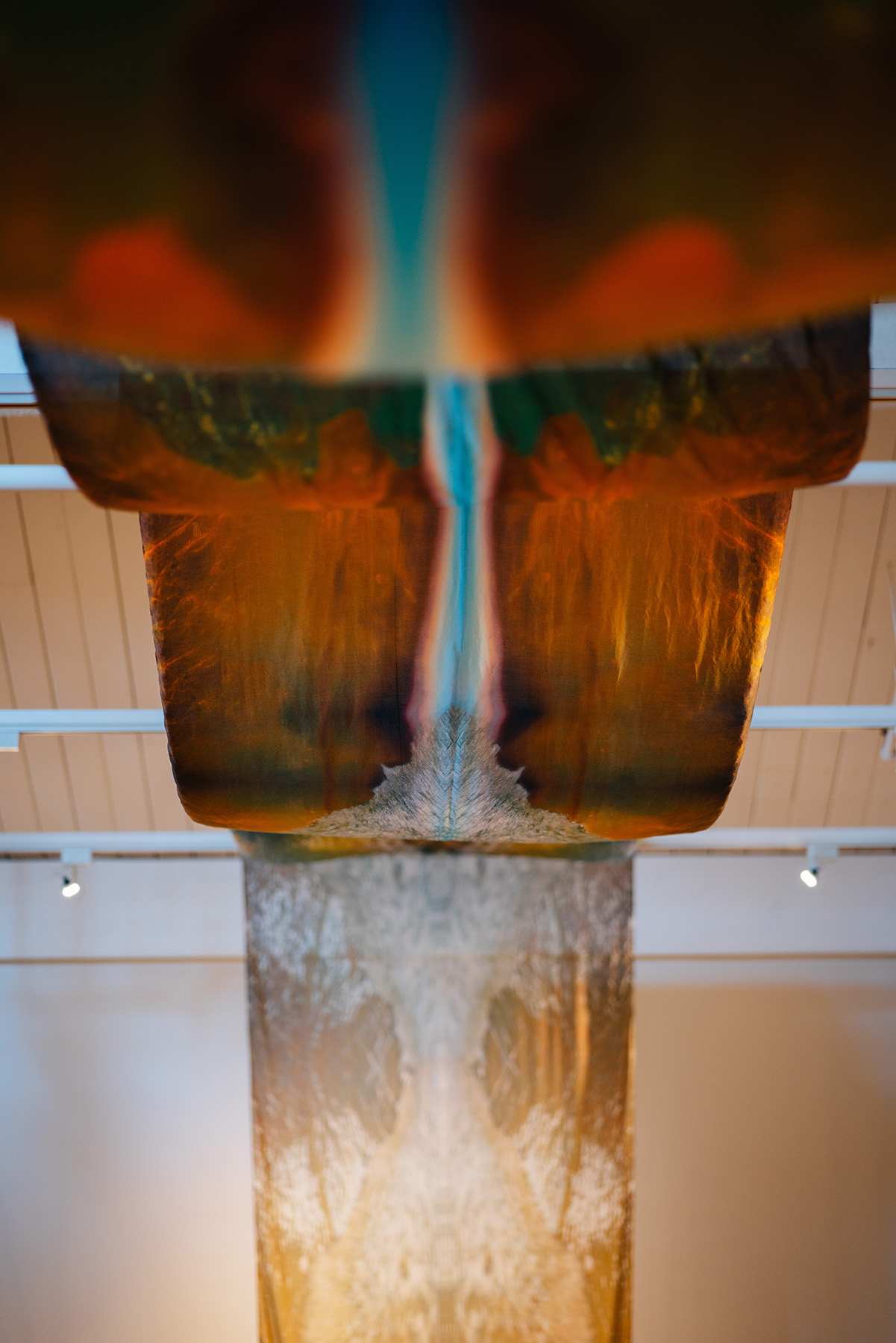
Carolina Caycedo, Wanaawna Meets Salty Waters, 2019, installation views, Orange County Museum of Art, 2019. Commissioned by the Orange County Museum of Art. Courtesy of the artist
Wet Futures
In the series Water Portraits, Caycedo dwells on the motif of water, both as coveted by neoliberal capitalism and as a political entity on its own. The works—large-format textile prints—are presented as abstract portraits of various watercourses. Drawn from a group of photographs of waterfalls and rivers, the blurred or fragmented images suddenly take on the appearance of kaleidoscopic landscapes, Caycedo being inspired by visual hallucinations that can be experienced during curative practices from traditional Indigenous medicine. Here, the diffraction of the image reflects the cultural erasure suffered by Indigenous, Black, and riparian communities. The decolonization of the gaze to which Caycedo invites traces out a reversal of the Eurocentric and patriarchal conception of the landscape as an object of lascivious contemplation, and challenges our consumerist relationship with nature. Rippling in the gallery like vast tranquil rivers, Wanaawna and Wanaawna Meets Salty Waters bring the eponymous watercourses to life. The draped fabrics, enveloping and protective, encourage a corporeal relationship with the space flooded by their presence, the performative potential of the material emulating that of the river. Based on the feminist dimension of applied arts and their intimate connections with the creative body, Caycedo plays on the malleability of the colourful cloth to foil the expected rigidity of the canvas. As its name implies, Water Portraits proposes to comprehend waters not as a passive resource subjected to surging extractivism, but as a figure of resistance with its own identity and voice.